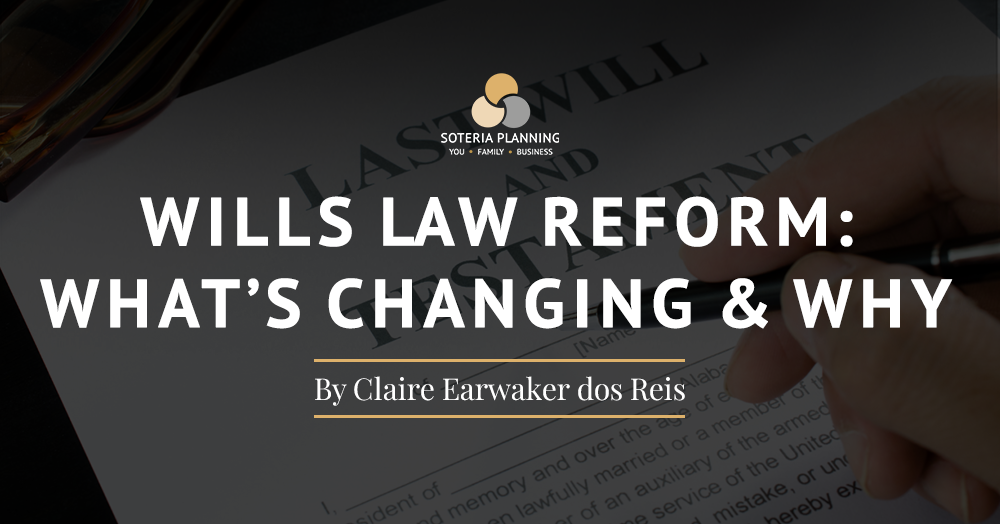Wills Law Needs an Update and It’s Finally Happening
Making a Will is one of the most important things you will ever do. It is how you make sure your wishes about your property and loved ones are respected after you have gone.
But here’s the thing: the law around Wills in England and Wales has not really kept up with the times. The rules we follow today are mostly based on the Wills Act 1837, a law from the Victorian era. Life today looks very different to how it did back then.
That is why the Law Commission has been working for years to modernise wills law. Their final report and draft Bill were published in May 2025. They bring some big changes that could make wills easier to create, clearer, and fairer for everyone.
What Is the Problem with the Current Law?
The law today can be confusing and strict, sometimes too strict. Even if someone clearly intends to make a Will, if it does not tick all the legal boxes, the will might be declared invalid. That means their wishes might not be followed, and their property could be passed on in ways they did not want.
Also, nowadays we use electronic documents a lot, but the law still mainly expects paper wills. Plus, people live longer now and may face challenges like declining health or mental capacity, which the law does not always address well.
What Are the Key Changes Proposed?
The new recommendations focus on three main things:
Supporting Testamentary Freedom
This means making sure people have the freedom to decide what happens to their estate. Some key proposals include:
- Giving courts power to accept wills that do not meet formal rules but clearly show the person’s intentions. This means less chance of a Will being invalidated because of minor errors.
- Lowering the minimum age to make a will from 18 to 16. Younger people may have valid reasons to create a Will, and this change recognises that.
Protecting Vulnerable People
The reforms include stronger safeguards to protect against financial abuse:
- Abolishing the automatic cancellation of wills when someone gets married or enters a civil partnership. This will help prevent “predatory marriages”, where someone marries a vulnerable person to inherit from them.
- Making it easier to challenge a Will if someone was pressured or coerced into making it.
Making the Law Clearer and More Modern
- Recognising electronic Wills as legally valid, with rules to make sure they are secure and reliable.
- Simplifying the test for whether someone has the capacity to make a Will, using a single modern standard.
What Happens Next?
The Government will now review the Law Commission’s recommendations and the draft Bill. If they decide to move forward, these reforms could become law in the near future.
What Does This Mean for You?
If you are thinking about making a Will or reviewing an existing one, these reforms could make the process simpler and more flexible. They also aim to protect your wishes and keep your estate safe from abuse.
We will be sharing more updates and insights on these changes throughout the month on our socials. Keep an eye out so you are ready when these reforms take effect.





Share this with
Email
Facebook
Messenger
Twitter
Pinterest
LinkedIn
Copy this link